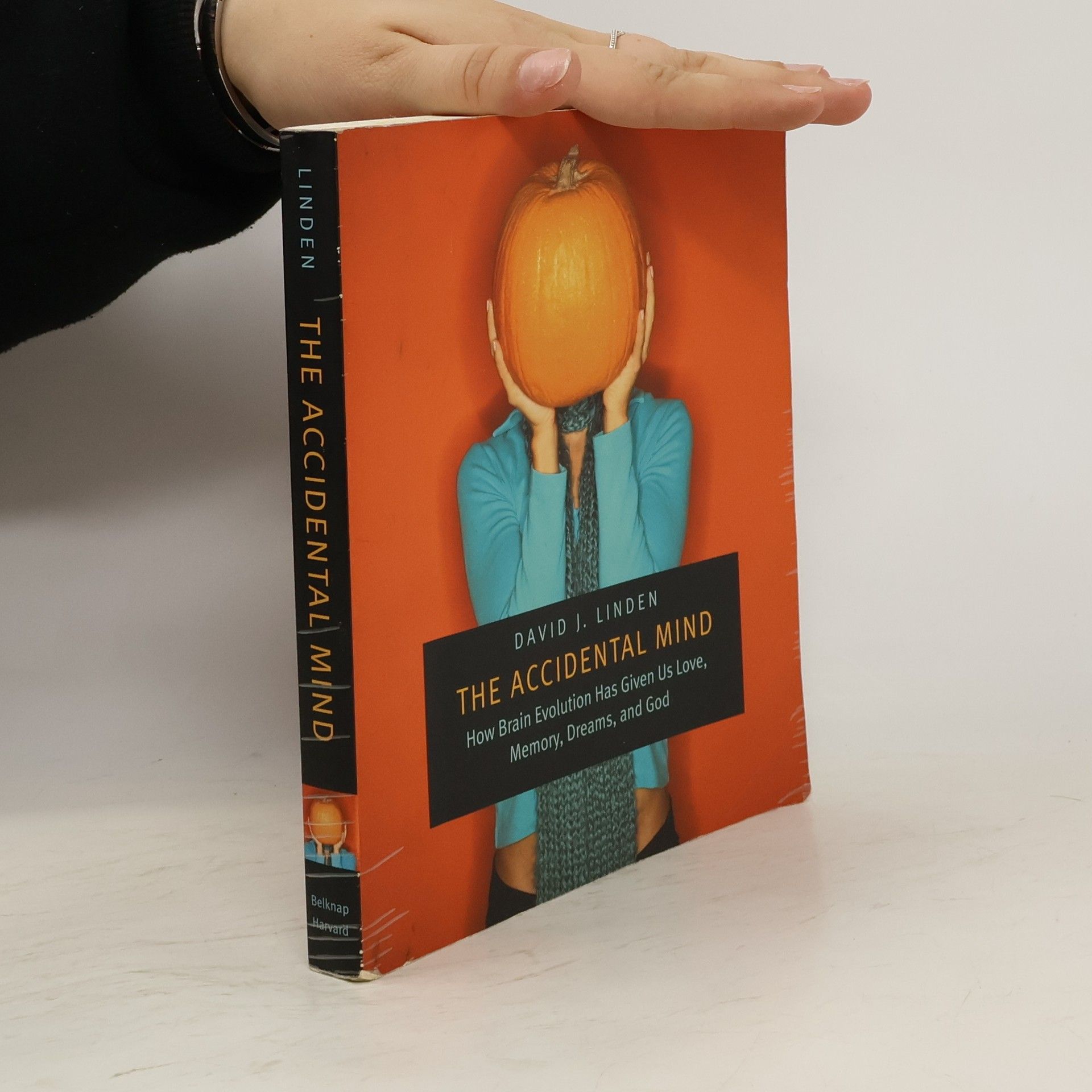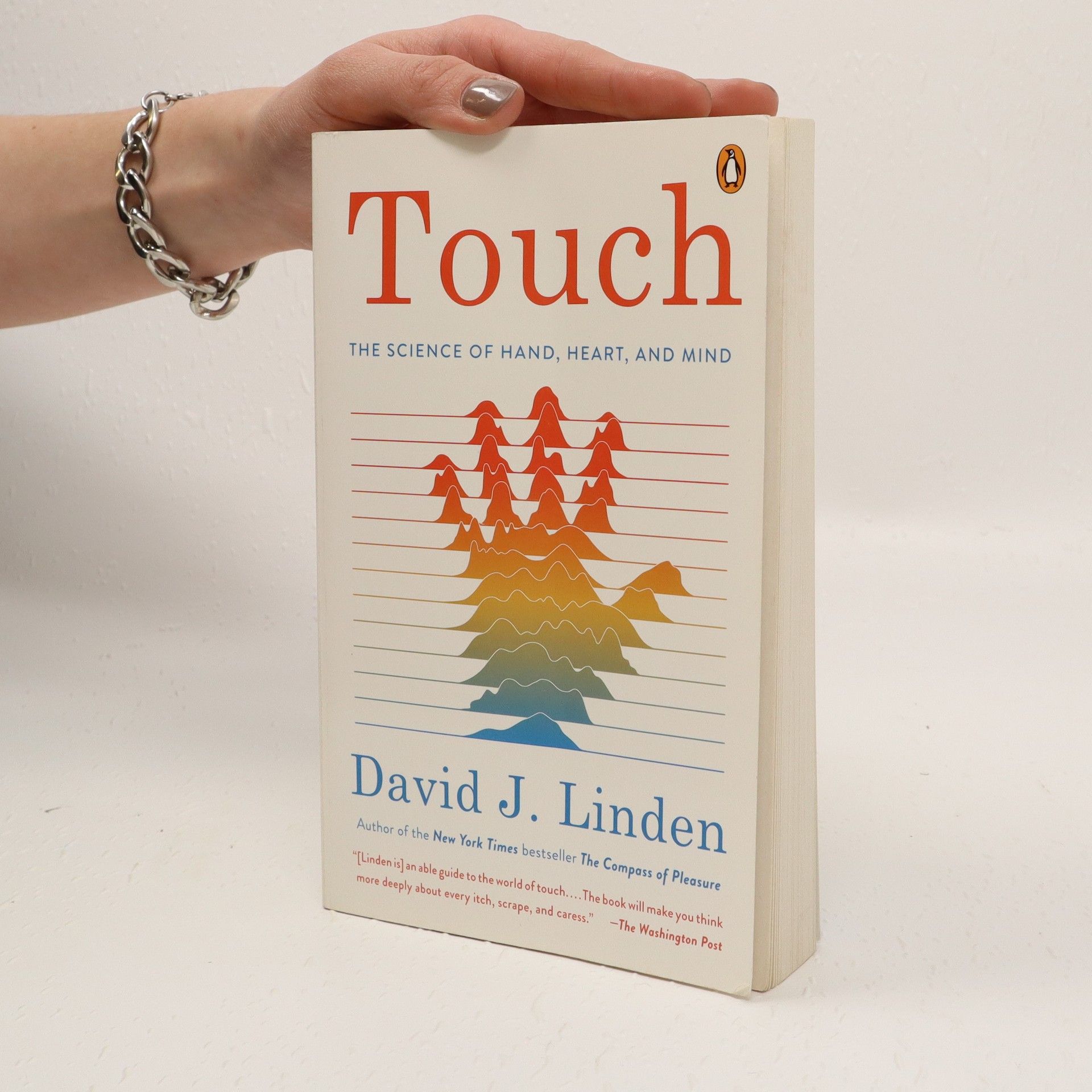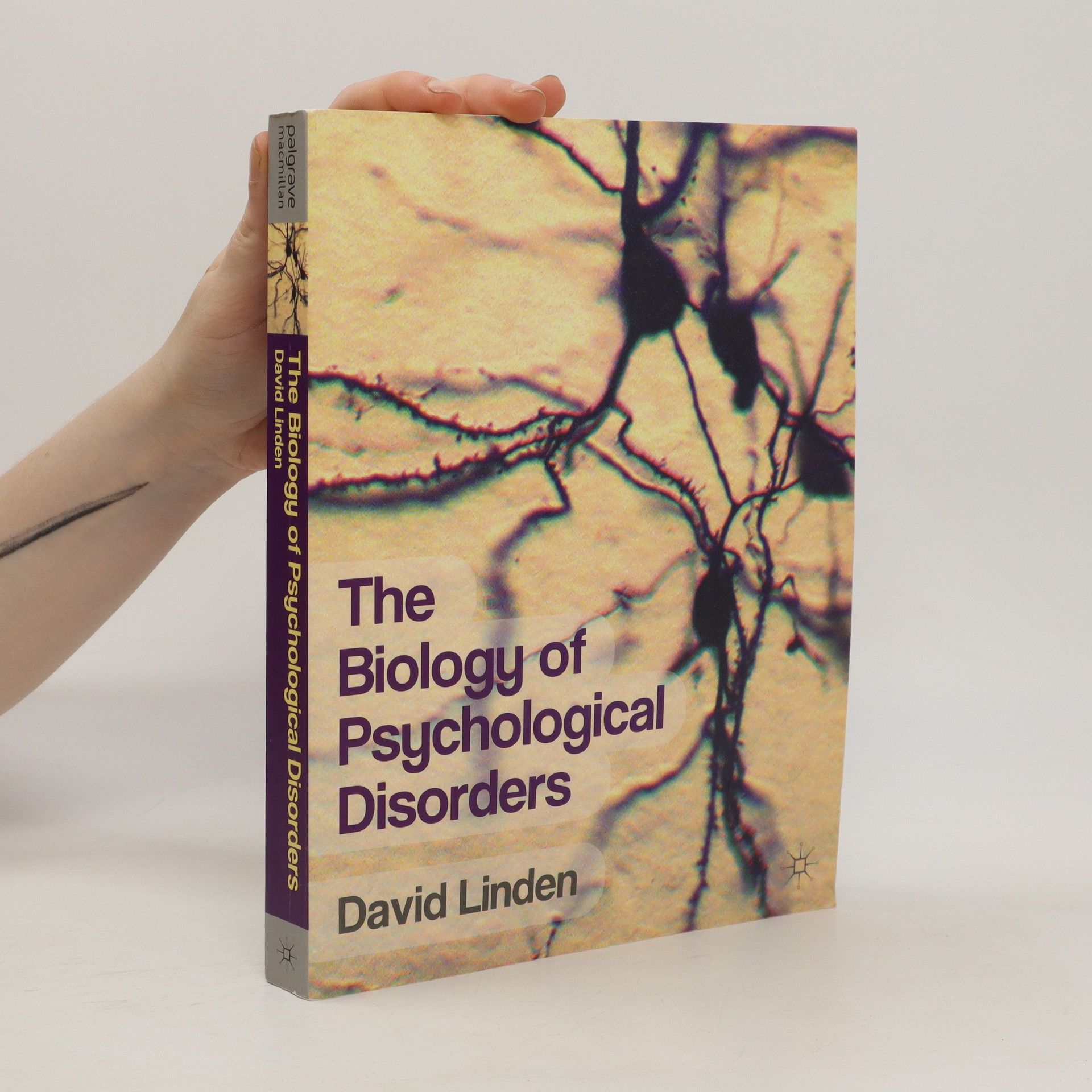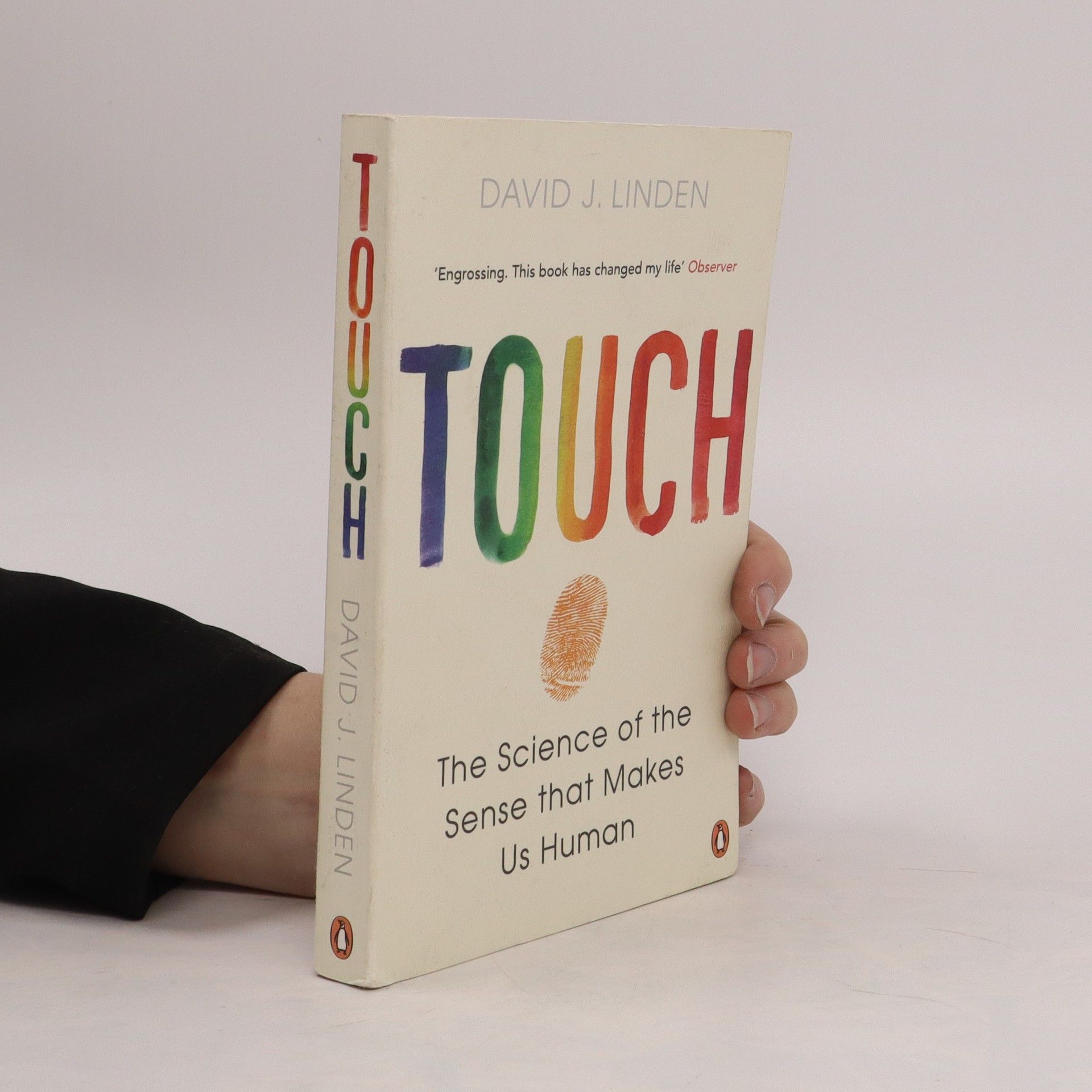The Biology of Psychological Disorders
- 426 pages
- 15 hours of reading
Psychological disorders – their origins, clinical symptoms and treatment – have a central place in contemporary public health debate. Understanding how disruptions in the brain's biological mechanisms can influence our thoughts, feelings and actions is one of the most exciting challenges for psychologists in the twenty-first century. The Biology of Psychological Disorders is an authoritative account of some of the most prevalent psychological disorders, from schizophrenia, depression, mania and substance abuse to disorders of childhood, adolescence and ageing. Detailed and engaging coverage of these disorders is combined with a comprehensive grounding in the fundamentals of neuroscience and the principles of psychopharmacology that underpin their treatment. Drawing on the fields of psychology, psychiatry, neuroscience and biology, this highly relevant text is an invaluable resource for students of biological psychology and psychopharmacology, trainee psychiatrists and anyone interested in understanding, researching and treating psychological disorders.








